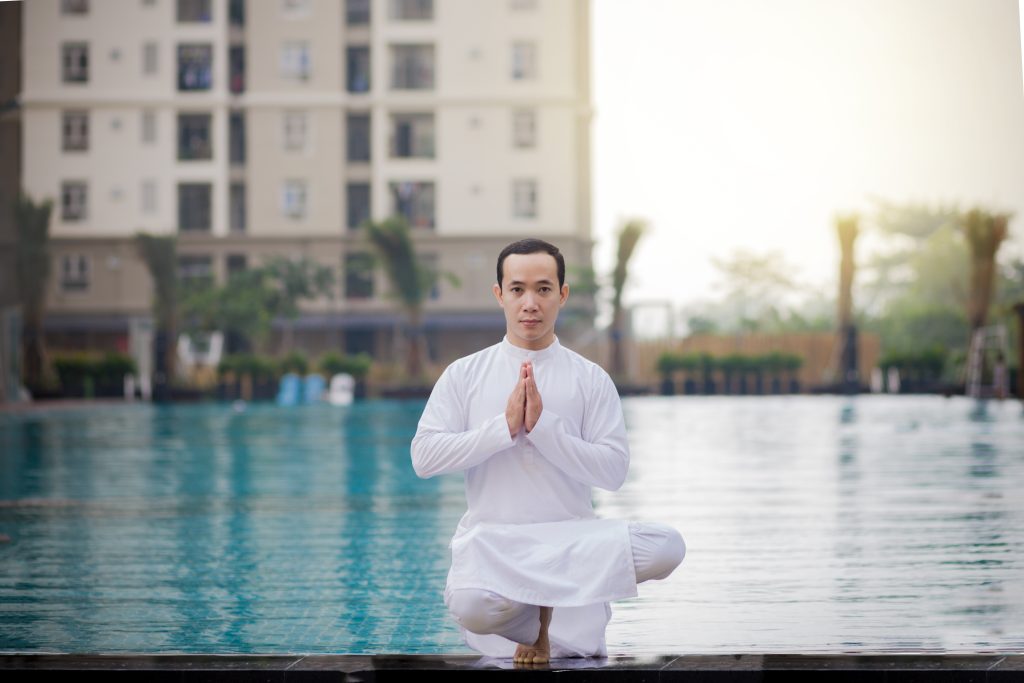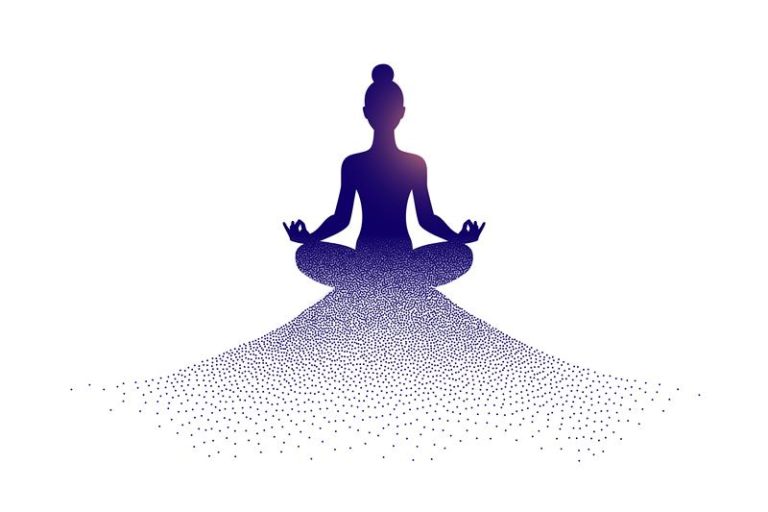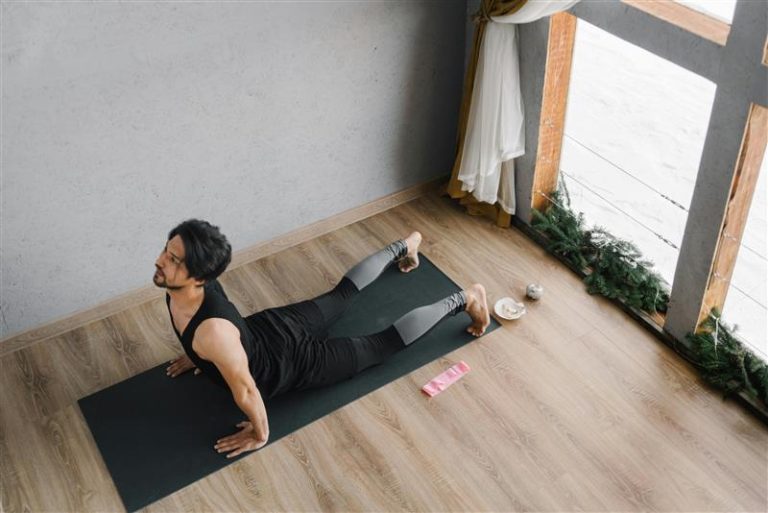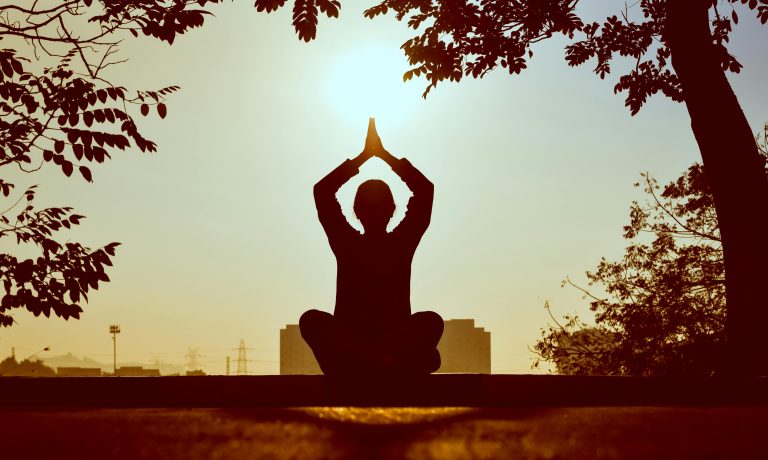Yoga goes beyond just stretching and balance. Many clinical trials and studies have found that yoga, which brings together movement, breathwork, and mindfulness, can help with stress, anxiety, depression, sleep, and resilience. It is suitable for all levels, making it accessible even to beginners who can start with beginner-friendly classes or resources. Below are seven specific ways yoga can support your mental health, along with practical tips and links to supporting evidence.

1. Lowers stress and physiological arousal
- How: Practicing slow postures and deep breathing helps activate the body’s rest-and-digest system, which can lower your heart rate and help you feel less stressed.
- Benefit: People who practice yoga regularly often experience noticeable reductions in stress and may have measurable decreases in stress hormone levels over time, supporting improved overall well-being.
2. Reduces symptoms of anxiety
- How: Focusing on your breath and body during yoga can break the cycle of constant worrying and overthinking. Even short, regular sessions of 15 to 30 minutes can make a difference.
- Evidence: Meta-analyses show small-to-moderate short-term reductions in anxiety compared with no treatment; some studies report larger effects versus active comparators.
3. Helps relieve depressive symptoms
- How: Yoga brings together physical activity, social interaction through classes or groups, and mindfulness. These are all helpful in protecting against depression.
- Evidence: Systematic reviews and randomized trials report improvements in depressive symptoms and recent meta-analyses find yoga an effective adjunct to standard care for major depressive disorder.
4. Improves sleep and cognitive focus
- How: Doing relaxing yoga and mindful breathing in the evening can help you fall asleep faster and sleep better. Practicing during the day can also boost your focus and memory.
- Benefit: Improved sleep associated with yoga can help people feel less emotionally reactive and make better decisions, which are essential components of mental resilience in daily life.
5. Supports trauma recovery and PTSD symptoms
- How: Trauma-sensitive yoga focuses on bodily safety, paced breathing, and choice — helping survivors re-establish a sense of physical control.
- Evidence: Trials and systematic reviews indicate yoga can reduce PTSD and associated depressive symptoms when used alongside trauma-informed therapies.
6. Builds emotion regulation and resilience
- How: Repeated practice of noticing sensations without judgment strengthens neural pathways for emotional regulation (like formal mindfulness training).
- Benefit: Practitioners often notice a greater capacity to manage stress, recover from setbacks, and maintain job performance during high-pressure times, indicating enhanced emotional regulation and resilience.
7. Accessible, scalable, and widely adopted
- How: Yoga requires little equipment and can be adapted for older adults, people with health conditions, and busy schedules. Specific adaptations like chair yoga can make practices more accessible for those with mobility issues, while gentle yoga offers a slower pace suitable for beginners or individuals with health constraints. Short sessions or guided audio can fit seamlessly into hectic routines, ensuring all individuals can participate and benefit.
- Adoption stat: In the U.S., national survey data show a marked increase in adult yoga practice, with many people using yoga specifically for health and mental-wellness reasons.
Practical Tips
- Start small: 10 to 20 minutes, 3 to 4 times a week. Consistency beats intensity.
- Mix elements: Include gentle movement, breathwork (pranayama), and a short, guided meditation or relaxation (Savasana).
- Choose trauma-sensitive approaches if you have PTSD (look for certified teachers trained in trauma-informed practice).
- Use yoga as an adjunct: For clinical anxiety, depression, or PTSD, combine yoga with professional mental health care rather than replacing treatment.
How Can We Help?
Yoga offers more than just physical flexibility – it is a practical, accessible tool for strengthening mental well-being. From reducing stress and anxiety to improving sleep, resilience, and focus, the evidence shows real, measurable benefits of yoga in complementing medical treatment and providing everyday support for mental health.
Book a consultation with world-class, certified yoga professionals at Get Well and Strong and embark on a journey towards holistic wellness.
DISCLAIMER: This blog is for general informational purposes only and does not constitute medical advice, diagnosis, or treatment. Always consult a certified healthcare provider for guidance tailored to your individual needs.




